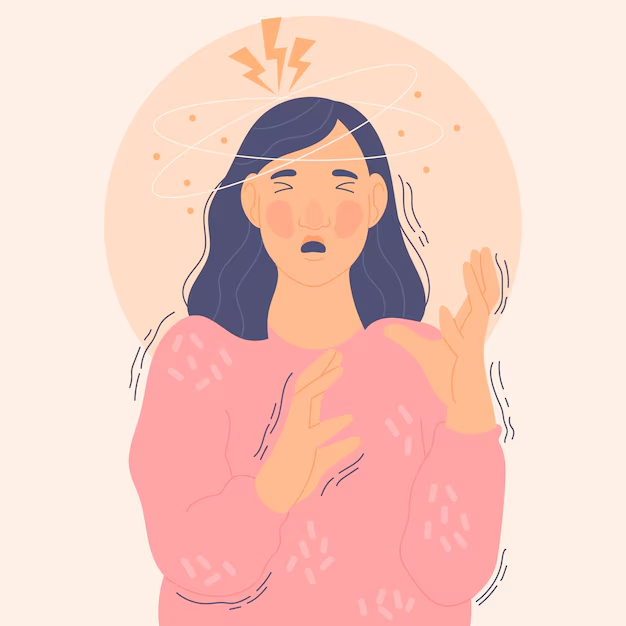What Causes It?
Genetic influence - Some types of epilepsy, which are categorized by the type of seizure you experience or the part of the brain that is affected, run in families. In these cases, it's likely that there's a genetic influence.
Head trauma - Head trauma as a result of a car accident or other traumatic injury can cause epilepsy.
Brain conditions - Brain conditions that cause damage to the brain, such as brain tumors or strokes, can cause epilepsy. Stroke is a leading cause of epilepsy in adults older than age 35.
Infectious diseases - Infectious diseases, such as meningitis, AIDS and viral encephalitis, can cause epilepsy.
Prenatal injury - Before birth, babies are sensitive to brain damage that could be caused by several factors, such as an infection in the mother, poor nutrition or oxygen deficiencies. This brain damage can result in epilepsy or cerebral palsy.
Developmental disorders - Epilepsy can sometimes be associated with developmental disorders, such as autism and neurofibromatosis.
Childhood seizures - Sometimes children have seizures that are caused by factors such as high fevers. These seizures are not epilepsy, but having these types of seizures might increase the risk of developing epilepsy later in life.
Brain structure abnormalities - Abnormalities in the brain's structure, such as vascular malformations, can cause seizures.
Dementia - Dementia can cause epilepsy in older adults.
Metabolic disorders - Metabolic disorders, such as phenylketonuria or porphyria, can lead to seizures.
Signs & Symptoms
Temporary confusion - A period of confusion and difficulty talking or understanding others.
Staring spell - A brief period of fixed staring, often mistaken for daydreaming in children.
Uncontrollable jerking movements - Involuntary movements of the arms and legs that can't be controlled.
Loss of consciousness or awareness - Fainting or inability to respond to others for a period of time.
Psychic symptoms - Such as fear, anxiety or déjà vu (the feeling of having experienced a situation before).
Altered senses - Changes in how things look, sound, smell, taste, or feel.
Autonomic symptoms - Changes in blood pressure, heart rate, or sweating.
Cognitive symptoms - Difficulty speaking, inability to understand others, or confusion.
Emotional symptoms - Sudden feelings of fear, anxiety, or joy that aren't related to the current situation.
Physical symptoms - Numbness, tingling, or electric-shock-like feelings in parts of the body.
